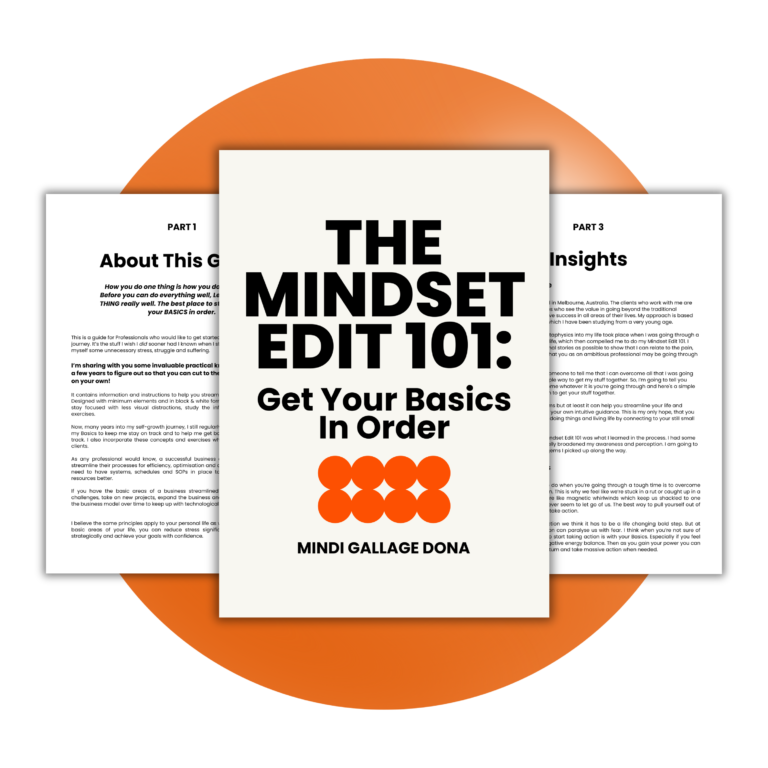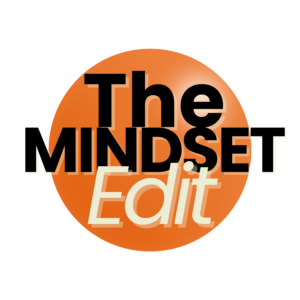If you are to search online, you can find many studies supporting the positive effects of journaling especially on mental health. Is it worth a try? Well, without having to scroll all the way down to the bottom of this article, yes it is worth a try. In this article I will be discussing my personal experience with journaling and why you should give it a try too. I practise journaling daily and also recommend it to my clients and loved ones alike.
Key Points
-
How It Started
-
What Really Happened
-
Looking Back And Moving Forward
How It Started
I have always used a diary since I was 5 years old following my mum and sister’s footsteps. My sister has beautiful and unique handwriting similar to the popular Google font, Oswald. Peeping into her diary (when I was little!) even her strike throughs of mistakes looked as if they were planned. With my mum, she has always kept a careful record of payments, events, lists etc in her diary. I was fascinated by how she could readily refer to any information in her diary.
So both these women inspired me to use a diary for creative and practical reasons. I dropped the creative aspect when I started Uni, but used a diary to keep up with events, appointments and other important information. In 2013, I started a serious personal development journey, trying to figure out what I really wanted to do in life. This journey got me reading many books suggested by my mentors and also listening to 100s of hours worth of YouTube videos.
I listened to many self-help teachers, entrepreneurs, medical professionals who were incorporating metaphysics into their research, spiritual teachers and tech bros. One advice that really stood out to me was Journalling. From Robin Sharma and Jim Rohn to some very type-A entrepreneurs and professionals, highly advocated for journalling. Some of the type-A’s did not even call it journalling but called it simply ‘writing down your thoughts in a notebook’.
This was a time I was willing to try anything and not just try but also willing to practise consistently with an open mind to see if any of this advice would work for me. The information I came across at the time about journalling was not exactly how to journal but to just journal as a way of getting rid of- brain dumping – your pent up emotions and thoughts. So I bought this Turquoise (not my fav colour!) A4 size notebook from Big W for about five dollars and started journalling.
What Really Happened
It started out with writing down exactly what I was feeling and thinking in my hasty, cursive writing to keep up with my hasty, overactive mind. I journalled as much as I could in the morning and then whenever I had any free time I journalled some more. Every emotion I was feeling, the thoughts which I was thinking, the experiences which were seemingly insignificant but which made unannounced visits, the daily occurrences to my to-do lists, I just off-loaded to my poor journal.
I was carrying on with my life as per usual during this time and wasn’t expecting a miracle to happen. Every now and then I read my notes but the experience felt like touching sludge ( not the kids’ play dough type!) with my bare hands. After about a few weeks of daily journaling I noticed something not very groundbreaking but very important to me at the time; relief. It’s the kind of relief you feel when you get to share one of your innermost fears with a friend who has no judgement towards you.
I was so appreciative of this non-judgmental, neutral friend who never interrupted my never-ending lamenting, complaining and worrying. These sessions with my confidante was something I started looking forward to daily. Of course I had sympathetic and compassionate friends at the time but they also came with advice and reminded me if I ever repeated the same story! There’s also so much personal information a friend can handle and as a counsellor I know this well.
While I kept retelling my stories and venting out in my journal, I noticed a second positive effect. I was not feeling the doom and gloom as I talked about my usual problems and worries with my neutral friend. My emotions would not take off in the familiar negative momentum as I regurgitated the stories. It’s not that the related negative emotions were completely gone, but they weren’t so bad and any that I felt did not feel so debilitating.
As my emotions simmered down I wasn’t in my usual hurry to journal my thoughts as they emerged. It felt like my thoughts slowed down too and the writing and thinking merged into one action. This made it easy to stay on track with my thoughts, slow down without worrying about missing out any details. Even if I missed out I wasn’t worried as I knew the details would return later. If you are seasoned in your journaling game you know exactly what I’m talking about.
Re-reading my notes kept on getting easier. What used to feel like touching sludge did not bother me as much anymore. It’s not because I had resolved the issues and relieved the worries but I had released so much bottled up emotions related to these experiences. I got into the habit of reading and reviewing my journal notes. If a particular entry felt uncomfortable I was able to leave it and move on to reading another.
The biggest ah-ha moment of this entire journaling experience happened after many weeks of journaling. While re-reading, I started noticing recurring patterns in my thoughts, emotions, reactions and experiences. To tell you the truth I was surprised at myself for not expecting this when I got into journalling, considering my counselling and coaching background. All in all, this was a very humbling experience and was a reminder for myself to practise what I preach.
As I noticed these ‘recurring cycles’ as I call them, I was able to take stock of where I was and see the bigger picture of my challenges. Intuitively, I added a question and answer element to my usual brain-dumping journalling. This enabled me to dig deeper, do some much needed core work and resolve some underlying issues which contributed to recurring cycles. Going beyond the surface level turned out to be much more effective for problem solving than the usual quick-fix method I was used to.
Looking Back And Moving Forward
Now that I incorporate a metaphysical aspect to the Mindset work that I do, not just on myself but with my clients, journalling reminds me of a Buddhist concept called Vitakka-Vicara (Pali, pronounced as Vi-tha-k-keh, Vi-chaa-ra). Vitakka means enquiry and Vicara means investigation. Buddhist practitioners use this mental enquiry-investigation practice to develop their understanding of ‘self’ and ‘life’. I find that journaling can be used as an effective method to engage in this enquiry-investigation of self and life.
Apart from this releasing this metaphysical perspective, journalling significantly assisted me with gaining an understanding of myself and my challenges. But not only in my personal life but also in my professional life showing me the parallels between the two. Paired with regular meditation, journalling can be a very powerful practice to incorporate into your daily life. I’m not talking about just improving mental health but also improving the quality of life .
I cannot recommend journalling enough to you if you are interested in uplevelling your mindset. What I find fascinating is that it is such a ridiculously simple exercise you can do on your own. All you need is a pen that writes and a notebook. A quiet room helps. I now understand why so many personal development experts advocate for this simple, humble exercise with so much passion. So journaling is definitely worth a try.
A Recap Of Why Journalling Is Worth A Try:
Helps gain immediate relief when feeling distressed
Helps gain emotional control overtime through consistent practice
Helps promote critical thinking to see the bigger picture of your challenges
Helps gain a deeper understanding of yourself to find long-term solutions
Furthermore:
It can help manage stress until you start working with a therapist, a coach or other professionals
It can act as a catalyst to enhance the results of your current therapy, coaching or consulting sessions
It is a helpful tool to keep you on track after you terminate therapy, coaching or consulting
Some helpful Tips For Journalling
- Go old school and use a humble pen and notebook instead of using a digital device to reduce screen time
- With a pen and paper you can eliminate the urge to correct the typos and other mistakes which can be a distraction.
- Record your thoughts and feelings but don’t romanticise them with creative writing.
- Don’t overthink, pick up any pen and notebook you have available and get into the habit of writing! You can splurge on stationery later.
- Don’t try to read your journals until you get to a point where you can be somewhat neutral when reading.
- Start with journalling for just 10 minutes a day whenever you can until you figure out the best time to journal.
- Be patient with yourself, don’t force results. Decide to stay consistent with your practice.
Let me know your thoughts. Join the chat on Substack.


